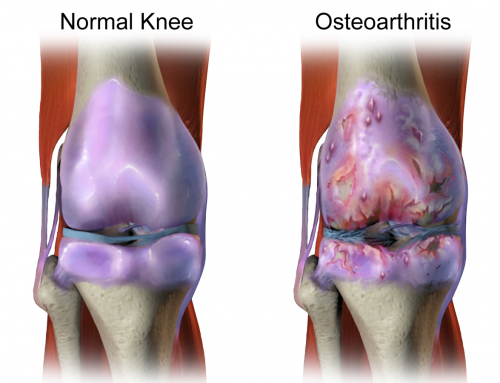We have been fed a steady diet of misinformation about FAT.
We need natural fat in our diets, in fact fats and oils may well be the most important part of your daily diet. Fats provide us with appropriate satiety signals; they ensure absorption of important fat-soluble vitamins, phytonutrients and important minerals; and they provide the raw material for skin health, hormone production and adequate energy storage; they make up most of the brain and all of your cell membranes.
Saturated Fat
What is saturated fat? Saturated fats are found in animal products, including meat and whole milk dairy products, as well as certain plant oils like palm, palm kernel and coconut oils. Saturated fats have a chemical makeup in which the fatty acid bonds are all saturated with hydrogen.
You’ve probably heard that saturated fat is the “bad fat” and polyunsaturated fat is the “good fat.” This isn’t the case.
Human beings have been consuming saturated fats from free range and grass fed animals and the tropical oils for thousands of years; it is the advent of modern processed vegetable oil that is associated with the epidemic of modern degenerative disease, not the consumption of saturated fats.
Since we are warm blooded, we need saturated fats to help our cell membranes and tissues stay stiff and structured at a normal body temperature. Liquid unsaturated oils cause cell membranes to become floppy, which can lead to health problems.
Another myth surrounding saturated fats is that they clog arteries and cause heart disease. Saturated fats actually lower the amounts of Lp(a) in the body, which is a marker for heart disease. So, by adding healthy saturated fats from grass-fed and free-range animals or tropical oils, like coconut oil to your diet, you could actually decrease your risk of heart disease.
We also need saturated fats for our nervous system and to help suppress inflammation. Amazingly, more than half the fat in the brain is saturated fat.
Cholesterol
Cholesterol, like saturated fats, stands unfairly accused.
Despite what well-meaning people tell you, cholesterol is not all bad for your body. Cholesterol is one of the ways your body fights oxidation and inflammation. It is an antioxidant that protects the body from heart disease and cancer. Cholesterol works as a repair substance, going up when there is inflammation that your body needs to fight.
Cholesterol is a symptom of a problem, but it is not THE problem. The inflammation is the problem. Blaming heart disease on high serum cholesterol levels is like blaming firemen who have come to put out a fire for starting the blaze. Or accusing the white blood cells of causing infection, they are both there to help repair.
Cholesterol helps serotonin receptors in the brain work the way they should, which can help you deal with stress in positive ways. Interestingly, people who have low cholesterol levels are more prone to aggressiveness, violent behavior and depression.
Cholesterol is the precursor for testosterone, estrogen and progesterone. Cholesterol is also the precursor to Vitamin D, which benefits healthy bones, proper growth, a healthy nervous system, insulin production and your immune system, among other things.
Babies and children need cholesterol in their diets to help promote proper development of the nervous system and brain. Mother’s milk is very rich in cholesterol.
So how do you incorporate these surprisingly healthy foods into your diet? There are lots of healthy sources of saturated fat and cholesterol, including:
- Butter (from grass-fed cows)
- Animal fats (from grass-fed and free-range animals)
- Egg yolks
- Avocado
- Cream, half-and-half, and whole milk dairy products (from free-range, organically-fed cows)
- Coconut and coconut oil
- Extra virgin olive oil
Both saturated fat and cholesterol are foods that have been historically classified as “bad.” However, new research shows that when eaten in moderation and in healthy ways, these foods can actually be good for you.





Leave A Comment